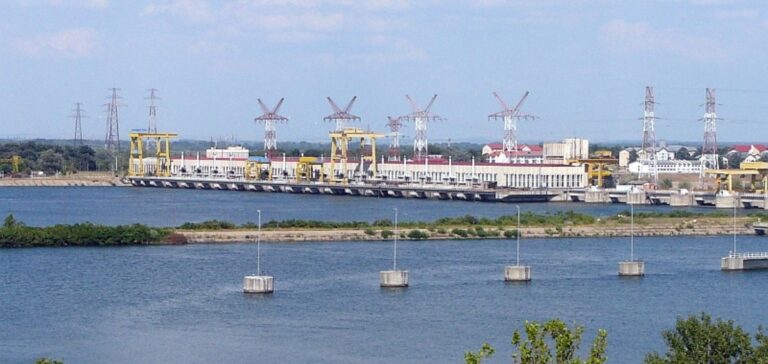Romania strongly opposes Serbia’s construction of the Iron Gates 3 hydroelectric dam, a project that could reduce energy production from the existing Iron Gates 1 and 2 facilities.
Energy Minister Sebastian Burduja stresses the crucial importance of these infrastructures for the national energy system, and insists that no compromises will be made.
Energy context and challenges
The Iron Gates 1 and 2 hydroelectric power stations on the Danube are key pillars of Romania’s energy system.
Romania has invested heavily in modernizing these facilities to ensure stable, efficient power generation.
Iron Gates I, for example, contributes around 10% of the country’s annual electricity consumption.
Serbia’s plans to build Iron Gates 3 could upset this delicate balance.
Potential impact of the Serbian project
Iron Gates 3, a pumped-storage power plant, is currently in the pre-feasibility study phase, carried out in collaboration with the American company Bechtel.
According to preliminary data, this project could reduce the energy output of existing downstream facilities.
Burduja expressed concern about the potential impact on Iron Gates 1 and 2 power plants, stressing the importance of these sites for Romania’s energy stability.
Reactions and outlook
The Romanian Ministry of Energy reacted swiftly to Belgrade’s announcements, pointing out that no working group had been formed for the project and that such a project would require extensive public debate due to its environmental and navigability implications.
Burduja reaffirmed Romania’s commitment to sustainable and innovative investments, with a budget of 1.4 billion euros allocated over the next four years for the modernization of energy infrastructures.
Infrastructure modernization and diversification
Hidroelectrica, the entity responsible for hydroelectric power plants, plans to double maintenance budgets and modernize its facilities to improve sustainability and energy efficiency.
Key projects, such as the purchase of high-power transformers for Iron Gates and the upgrade of the Reșita hydroelectric unit, testify to this commitment.
Romania’s firm stance against the Iron Gates 3 project reflects a broader strategy of preserving and modernizing its critical energy infrastructure.
Ongoing investment in the Iron Gates 1 and 2 plants is aimed at guaranteeing stable, sustainable power generation, essential for the national economy.
By maintaining this position, Romania not only ensures the stability of its energy supply, but also strengthens its resilience in the face of future challenges in the energy sector.






















